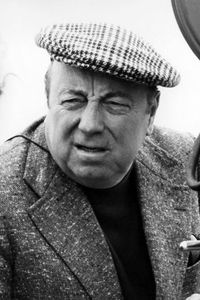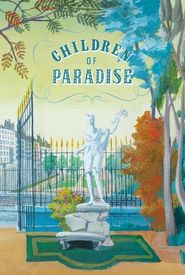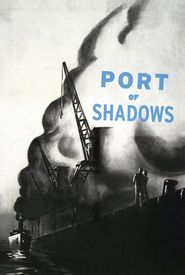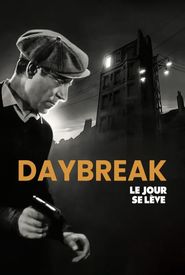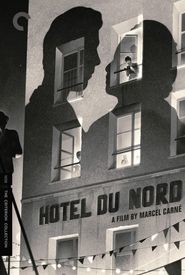Marcel Carné, the son of a skilled cabinet maker, embarked on a journey in the world of cinema as the trusted assistant of renowned director Jacques Feyder. At the tender age of 25, he took the reins and directed his inaugural feature film, "Jenny", in 1936. This marked the beginning of a fruitful collaboration with the esteemed writer Jacques Prévert, as well as the talented decorator Alexandre Trauner, the acclaimed musician and composer Maurice Jaubert, and the iconic actor Jean Gabin.
Together, they forged a remarkable synergy, which would soon establish Carné as the pre-eminent director of the pre-war era of French cinema, with his distinctive poetic realism style. This unique aesthetic was showcased in films such as "Hotel du Nord" (1938),which solidified his reputation as a master of his craft.
However, with the occupation of France by Nazi Germany, Carné's creative trajectory took a dramatic turn. Despite being based in the Vichy zone, he managed to create a powerful anti-Nazi allegory with his masterpiece, "Children of Paradise" (1945),a film that has stood the test of time as an all-time classic of French cinema.
Following a purge trial, Carné continued to work in the film industry, but his later projects struggled to match the acclaim and success of his earlier works.
